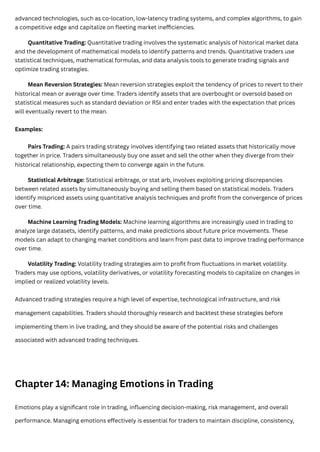Here is a comprehensive article that contains the terms crypto, arbitration, LP and RSI:
“Cryptocurrency Wave Ride: Lp Guide, Cryptocurrency arbitration and RSI”
The world of cryptocurrencies has noticed a great growth and volatility in recent years. With thousands of new chips and coins, it can be difficult for investors to browse the market and make reasonable decisions where to invest their money. The two main strategies that have been shown to be successful in this environment are the provision of liquidity (LP) and the arbitration of cryptocurrencies.
Lichidity provision (LP)

When it comes to cryptocurrency trading, LP indicates the liquidity provision of another transaction, which wants to buy or sell properties at different prices, thus facilitating the liquidity flow on the market. This can be obtained by a variety of means, including the calls of traders offering traders, offering offers and NDVs on points markets and even arbitration activities.
Arbitration, in particular the arbitration of cryptocurrencies, includes the differences between the price of the property between two or more markets to make a profit. When buying assets at a low price on one market and sell it at a higher price in another, traders can eliminate price risk and record profits. Crypto arbitration has become increasingly popular in recent years due to decentralized (DEX) exchange that allows fast and efficient trade.
Crypto arbitration
One of the most effective ways to make profits through crypto arbitration is the use of price differences compared to cryptocurrency markets, such as Bitcoin/USD or Ethereum/USD. For example, traders can buy Bitcoin $ 4,000 and sell $ 5,000 and profit a day. This strategy requires understanding of market dynamics and the ability to analyze price trends.
Liquity (LP) and cryptocurrency arbitration
Combining LP and cryptocurrency arbitration can be an extremely powerful tool for traders who want to maximize their return to cryptocurrency markets. At the same time, offering liquidity on several markets, traders can create a powerful commercial ecosystem, which is less sensitive to market volatility. This can help traders:
- Reduce risk effects by distributing their investments in various wealth
- Increasing potential profits by arbitration and other mechanisms
- Reduce losses due to price fluctuations
Relative force index (RSI)
Relative resistance index (RSI) is a popular technical analysis tool used to determine overcrowded or resale conditions on financial markets, including cryptocurrency. Created by J. Welles Wilder Jr., RSI measures the extent of the latest price changes and can provide valuable information on market trends.
When it comes to trade with cryptocurrency, RSI can help traders:
- Establish possible options for buying or selling, taking into account the impulse and changing trends
- Determine when entering or out of trade in hope of market changes
- Manage risks by adjusting investment amounts in high volatility periods
Conclusion
The waves to Cryptocurrency require technical analysis, market knowledge and understanding of the liquidity offer. By incorporating LP, arbitration of cryptocurrencies and RSI in your commercial strategy, you can increase your potential yield and reduce the risk. Remember to always refer to these strategies, with caution and a clear risk understanding.
Responsibility refusal: This article is only for information purposes and should not be considered as an investment tip. Cryptocurrency markets are very unstable and have high price fluctuations that can cause significant losses. Always do the research and consult with -you with financial experts before making investment decisions.








